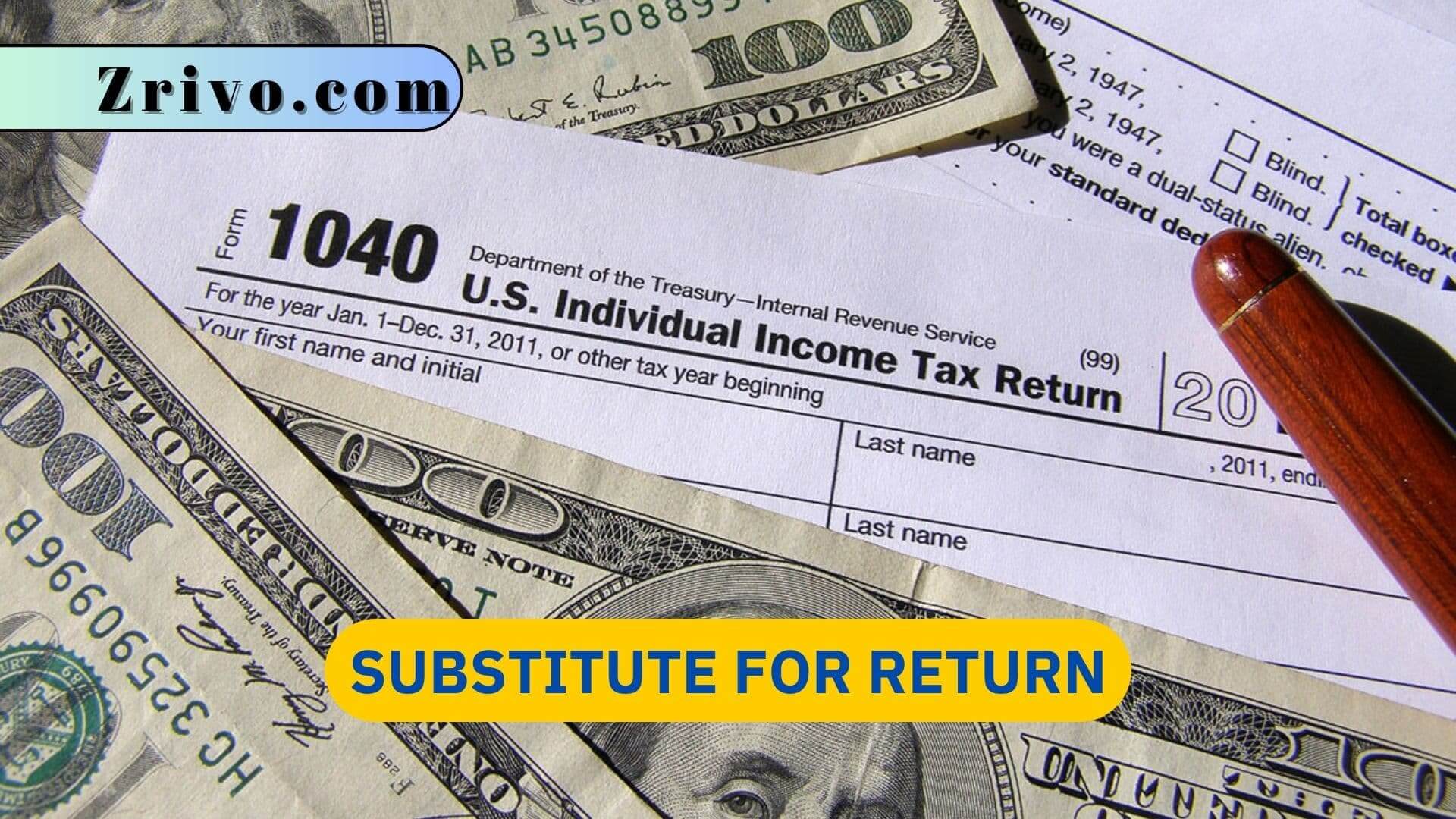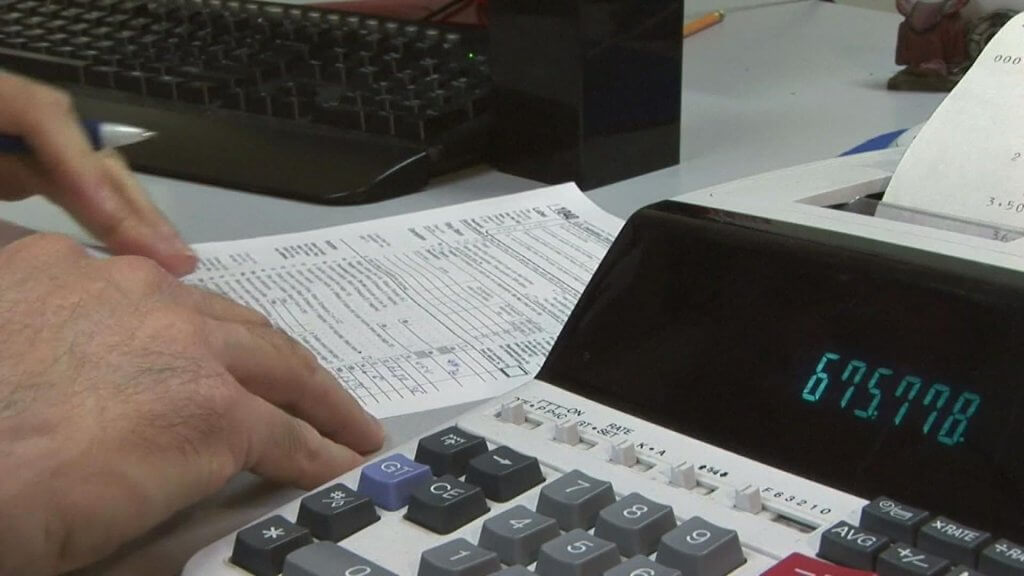Substitute For Return
Have you failed to file tax returns? Don't worry; the IRS will eventually prepare a Substitute for Return for you. The SFR does not consider deductions, credits, or different filing statuses and can often be very inaccurate. This guide will help you understand what an SFR is, why it is often inaccurate and how to correct it.

A taxpayer will typically only be subject to a Substitute For Return (SFR) when they fail to file a return. If a taxpayer fails to file a return, the IRS has the authority under IRS Code Sec 6020 to prepare an SFR on their behalf to establish the tax amounts owed as well as non-filing penalties and interest. An SFR is the IRS version of an unfiled tax return that does not include any exemptions or credits that a taxpayer would be entitled to by filing their own return.
A key difference is that the SFR does not allow for deductions or credits such as child tax credits, investment losses, and expenses, or home ownership costs. It also does not take into account any additional income from outside sources such as rental property or business interests. As such, an SFR will almost always overstate a taxpayer’s tax liability by excluding all of the above deductions and credits.
Another issue that arises when the IRS prepares a Substitute For Return for a taxpayer is that it often does not take into account a taxpayer’s actual filing history. This can lead to a situation where a taxpayer is incorrectly assessed for a given year and is then assessed for additional years that were not filed.
An example of this could be if an individual was self-employed and received multiple 1099’s for the same amount of money. This is a clear indicator that the IRS prepared a Substitute For Return for this person instead of reviewing their previous tax returns.

How to Change Substitute for Return Amount?
Generally, it is not in the taxpayer’s best interest to have the IRS file a Substitute For Return on their behalf because the IRS tends to overstate the tax liability by not taking into account any deductions or credits that they are entitled to under the law. This will result in a higher tax bill than what would have been paid if the individual had simply filed their own return.
The IRS will usually only proceed with an SFR assessment if the tax due date and extended filing deadline have both passed. This is why filing your taxes on time is important so that an SFR assessment does not trigger the statute of limitations for collection. It is possible to challenge the SFR amount and get it revised through the audit reconsideration process, which requires a complete copy of your original delinquent return.





